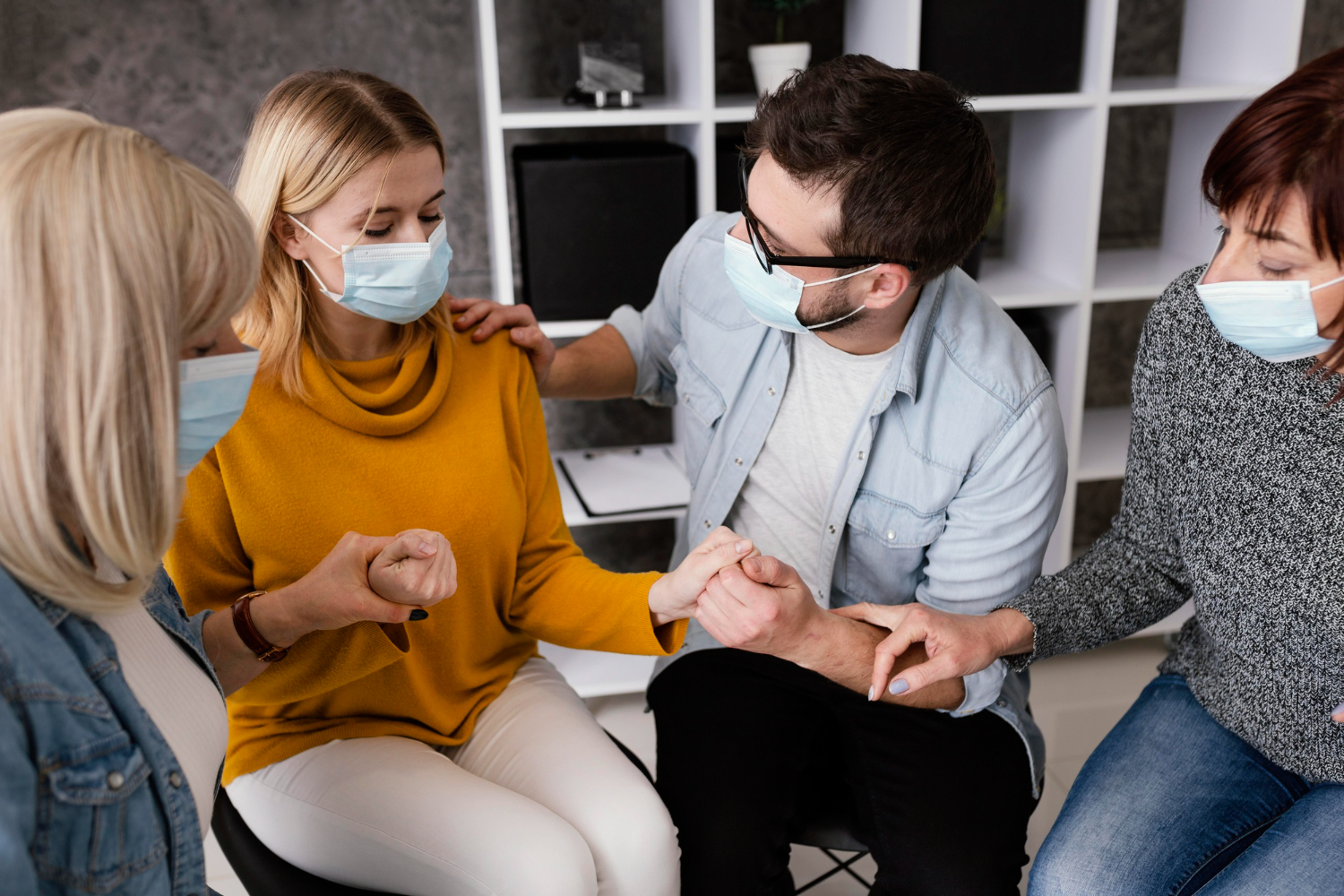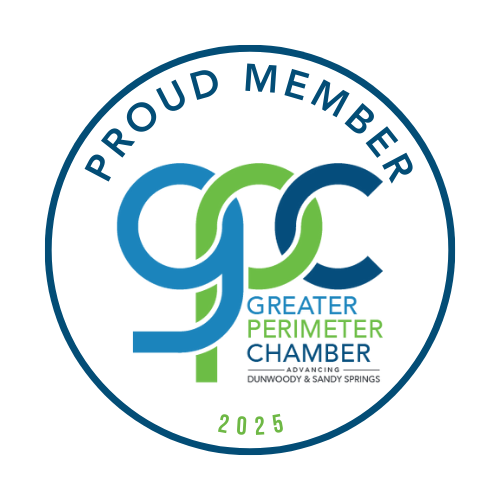Chemical dependency is another name for drug addiction. It occurs when your body becomes dependent on the chemicals in the drugs. Over time, the user will start to need the drugs in their system just to feel normal. They will need to take more of the drugs to feel high.
It is not easy to overcome chemical dependency. When your body becomes used to functioning with the drugs in its system, it begins to feel sick when they are not present and withdrawal symptoms appear.
Even though getting clean is difficult, it’s not impossible, especially when you find the right chemical dependency treatment. Here are a few that have been proven to be effective.
Signs You or a Loved One Need Chemical Dependency Treatment
It’s important to get familiar with the signs of addiction so you can determine when chemical dependency treatment is necessary. Here are some things to look out for:
- Withdrawal from social circles
- Lack of interest in doing the things you love
- Lack of self-care
- Spending more time doing the drug and getting the drug
- Needing the drug in your system to feel normal
- Needing more of the drug to feel high
- The development of health conditions
- Mood swings
- Symptoms characteristic of the effects of the drug
What Is Chemical Dependency Treatment?
Chemical dependency treatment involves getting the person to a point where they are no longer medically and physically dependent on the drug. There are various types of treatment that can be used alone or in combination with one another.
Typically, a patient will start the process with detox which rids their body of harmful chemicals. Withdrawal symptoms may manifest during this stage, but a medical staff will be available to keep the patient as comfortable as possible and ensure relapse doesn’t occur.
Detox is followed by therapy which can take place in an inpatient or outpatient setting. With inpatient treatment, the patient stays in the hospital full-time while undergoing therapy customized to their situation. The aim of the treatment will be to determine the underlying cause of addiction and find healthy coping mechanisms that replace the urge to use.
Outpatient therapy can be the primary form of therapy, or it can be a follow-up to inpatient therapy. It involves the patient splitting their time between therapy and everyday life.
There are three main types of outpatient therapy, partial hospitalization, intensive outpatient, and outpatient treatment. They vary in the amount of therapy the patient needs.
With partial hospitalization, the patient may be at the facility for treatment 6-8 hours a day. This will wane down to a few times a week with intensive outpatient and to just one to two times a week for regular outpatient.
After treatment is completed, the facility will typically follow up with aftercare treatment that helps the patient make a healthy adjustment to sober living.
Types of Chemical Dependency Treatment Atlanta Recovery Offers
There are many chemical dependency treatment centers out there, but Atlanta Recovery takes an approach that sets us apart.
We analyze each patient to find a treatment plan that works best. We use dual diagnosis to treat addiction and its underlying causes. We offer partial hospitalization, intensive outpatient, and outpatient programs.
After patients graduate from the program, they move on to a sober living facility. They are provided with the skills they need to start over while getting the support they require to maintain sobriety.
Chemical dependency issues are not easy to overcome. Fortunately, there are several treatment options available. Contact Atlanta Recovery Place to find out more about our program and how we can help you move on to a better place in life.









